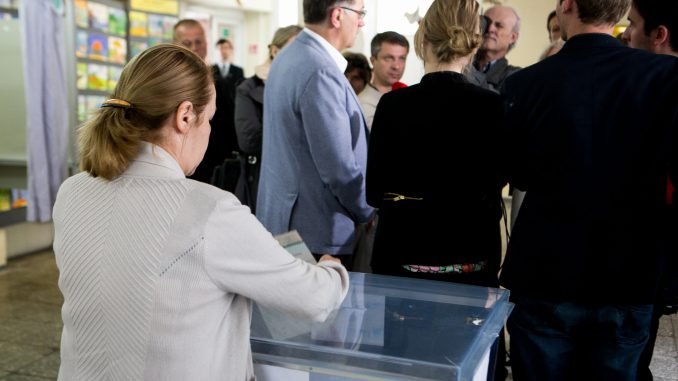
“I believe there were a lot of people who believed their civic duty was not to vote in the referendum because the questions had not been properly formulated and because they found the whole discussion non-constructive,” the political scientist told BNS on Sunday night.
In his opinion, passiveness was also determined by the timing of the referendum as many people are on vacation or away for the weekend, and a large number of citizens are not interested in politics and their position is not to vote in any elections.
The organizers of the Sunday referendum had proposed constitutional amendments to ban the sale of agricultural land to foreigners and legal entities as well as to lower the threshold for holding a referendum to 100,000 signatures from the existing 300,000.
Critics said, however, such a ban would breach Lithuania’s EU commitments. Moreover, they noted, people were asked to give the same answers on several unrelated questions.
Figures from the Central Electoral Commission showed that at 7 p.m., one hour till the closure of polling stations, only 10.92 percent of eligible voters had voted and 3.17 percent cast their votes during early voting.
In Lithuania, for a referendum to be deemed valid, at least 50 percent of voters have to vote.

Be the first to comment